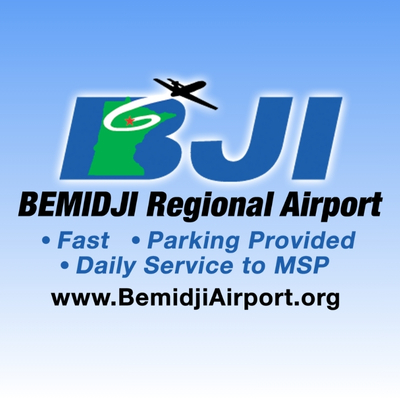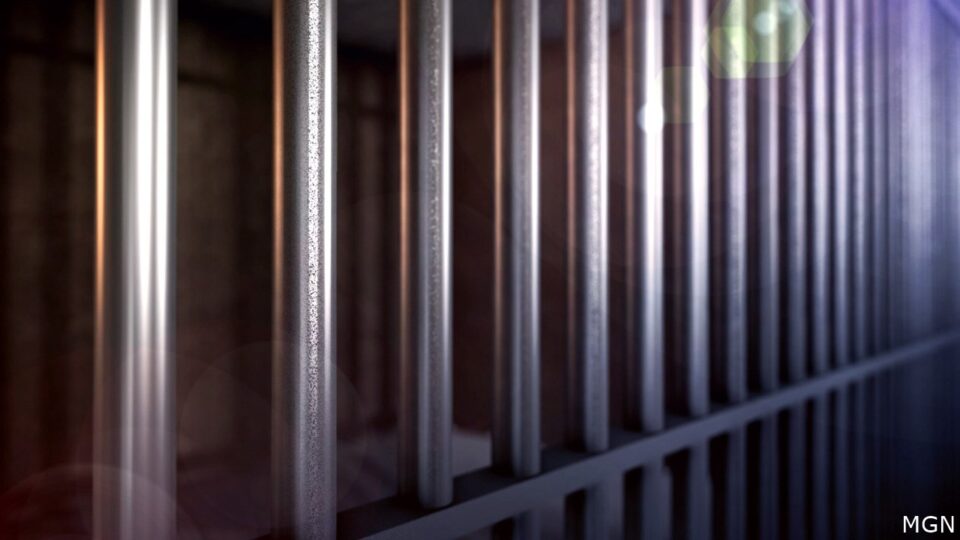Jun 30, 2021 | By: Nick Ursini
A Look at What’s in Minnesota’s Big Budget Bills
MINNEAPOLIS (AP) — The Minnesota Legislature approached the finish line Wednesday on a $52 billion state government budget for the next two years.
Lawmakers were unable to resolve the differences between the Democratic-controlled House and Republican-led Senate before time ran out on the regular session in May even with a projected budget surplus forcing them to return for a special session that began June 14.
Controversial policy proposals were largely jettisoned as the divided Legislature settled for mostly incremental changes. The biggest struggle was over police accountability. Democrats were able to pass some modest policing measures but settled for less than they wanted. Here’s a look at some high points of the big budget bills:
PUBLIC SAFETY
The public safety budget bill includes new limits on no-knock warrants and confidential informants, revamping a statewide police misconduct database to create an early warning system about bad officers, and a requirement for 911 operators to refer certain calls to mental health crisis teams. It also includes “sign-and-release” warrants so police aren’t required to arrest low-level offenders who miss a court appearance. Supporters say the provision would have prevented the death of Black motorist Daunte Wright, who was killed in Brooklyn Center after police stopped him for expired license tabs and discovered an outstanding warrant. However, Republicans blocked an effort to ban “pretext” stops for minor offenses. The bill also closes gaps in the state’s sexual assault laws.
COVID-19
The state government finance bill ends Minnesota’s COVID-19 peacetime state of emergency effective Thursday, curtailing the emergency powers that Democratic Gov. Tim Walz used to manage the pandemic. The housing budget bill includes a 15-week “off ramp” for ending the eviction moratorium that Walz imposed early in the pandemic. That plan includes timelines for Minnesotans who owe back rent to secure rental assistance, which is paid directly to landlords. Property owners will be required to send notices 15 days prior to eviction. Tenants who have claimed but not yet received state rental assistance will be protected from eviction through June 1, 2022.
TAXES
Businesses that received forgiveness on their loans from the federal Paycheck Protection Program during the pandemic will be allowed to fully deduct the amount on their state income taxes. And workers who collect unemployment insurance payments, including benefits that were boosted during the pandemic, will be able to deduct them up to $10,200.
K-12 EDUCATION
Schools will be getting more money. The education budget bill includes a 2.5% increase in per-pupil funding in the first year and 2% in the second — the largest increase in the key formula in 15 years. It also includes money to attract, train and retain teachers of color as part of an effort to reduce racial disparities.
HIGHER EDUCATION
Tuition increases will be capped at 3.5% for the next two years for undergraduates in the Minnesota State colleges and universities system. The separate, more autonomous University of Minnesota system is planning a 1.5% increase.
TRANSPORTATION
The transportation bill contains money for two new bus rapid transit lines for the Twin Cities area, connecting downtown Minneapolis and the University of Minnesota with Edina, and downtown with Blaine. It also preserves the Northstar commuter rail line from Big Lake to Minneapolis, which some Republicans wanted to shut down because ridership plunged due to the pandemic. And it includes money for a second daily Amtrak train between St. Paul and Chicago starting in 2024. There’s also money to outfit State Patrol troopers with body cameras. Unpaid traffic tickets and certain other minor violations, which disproportionately affect people of color and the poor, will no longer lead to license suspensions, nor will failure to appear in court for traffic tickets or driving after suspension.
COMMERCE
The commerce budget bill includes a student loan borrowers’ bill of rights. It requires licensing for companies that service student loans and safeguards to protect students from predatory lenders. It also creates a pilot project for combating rising catalytic converter thefts by offering auto and scrap dealers grants to mark converters on cars most likely to be targeted.
ENVIRONMENT
So-called “forever chemicals,” also known as PFAS, will be banned from food packaging in Minnesota. Senate Republicans abandoned an effort to scuttle Democratic Gov. Tim Walz’s clean car standards, which aim to speed the switchover to electric cars. But Democratic initiatives to combat chronic wasting disease didn’t make it into the final bill.
HEALTH AND HUMAN SERVICES
The health and human services budget expands postpartum coverage, preventive care and benefits for children with asthma in the state’s Medical Assistance program. It also includes tobacco and vaping prevention, and contains money to expand the availability of child care. It includes provisions to reduce racial disparities in health care and to foster more cultural and ethnic diversity in the mental health work force. And it includes an expansion of telemedicine.
STATE GOVERNMENT
Democratic Attorney General Keith Ellison didn’t get the money he wanted in the state government budget bill to add more lawyers to the criminal division in his office, which turned to volunteer attorneys to help convict former Minneapolis police Officer Derek Chauvin in the death of George Floyd. The bill sets out rules for protecting the integrity of absentee ballot drop boxes. And daylight saving time would last all year round if Congress authorizes states to make the change — an idea that has been gaining support in Washington, D.C., and more than a dozen states.







